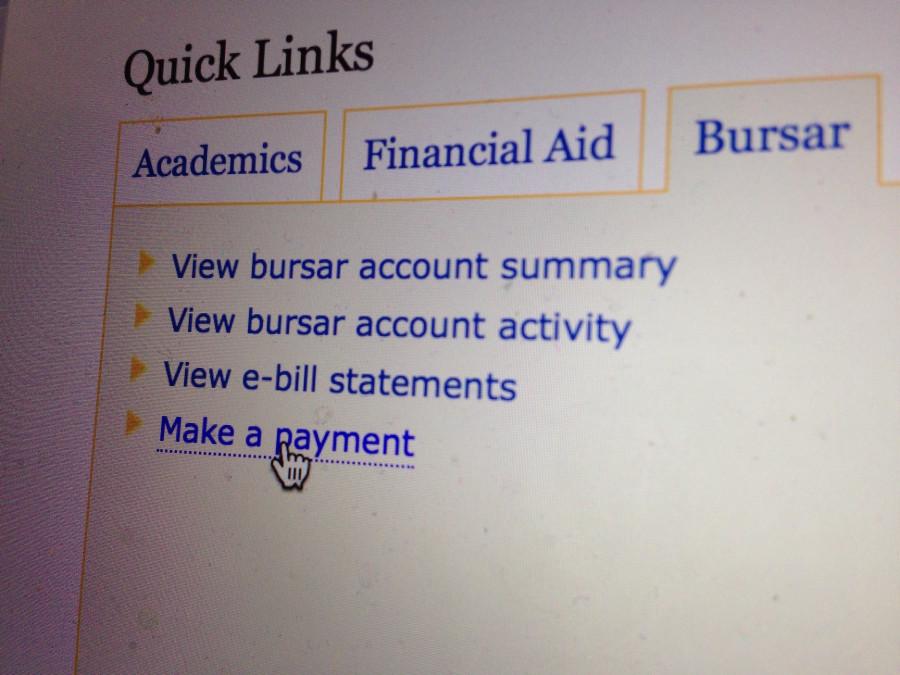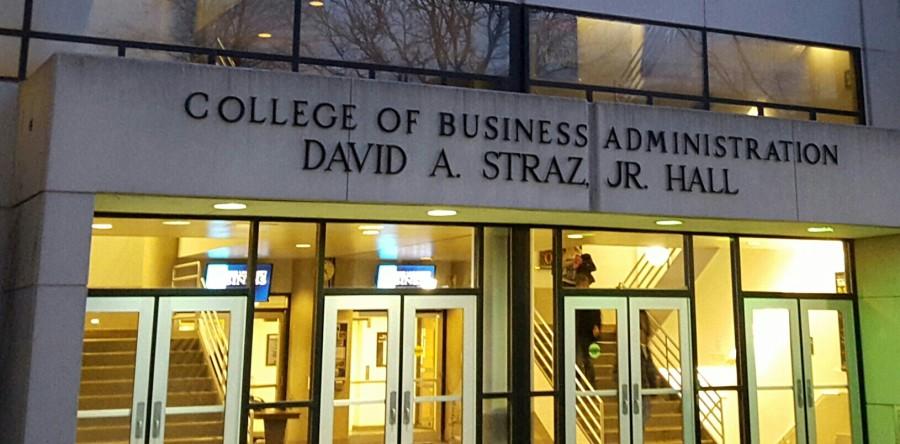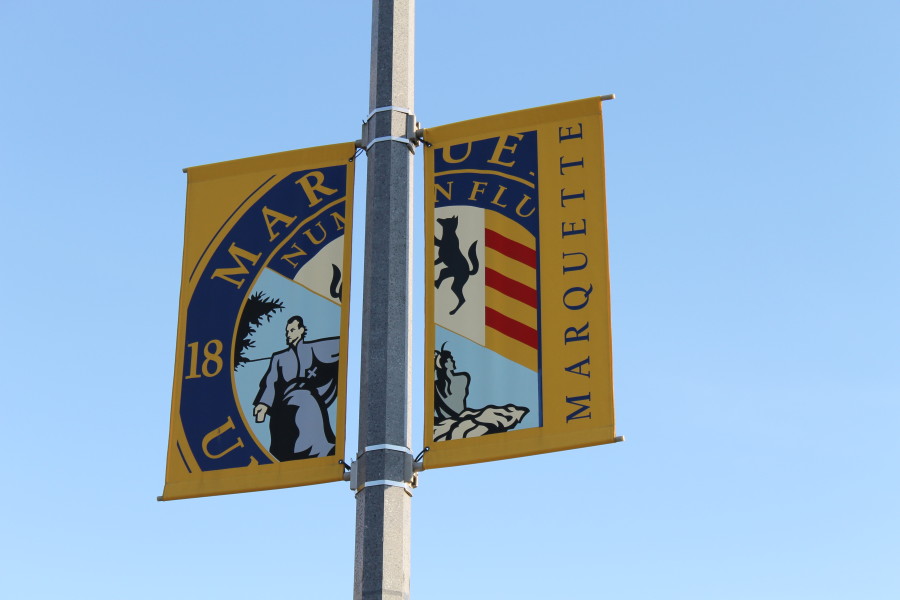By the time Alex Young graduates from Marquette, he will have accumulated more than $100,000 in debt from student loans.
Young is a senior in the college of Health Sciences. He plans on going to dental school and said he knew the risk he took with student loans when he first decided to go to school for dentistry. Young said he has faith that his chosen career path will make him enough money to pay off the debt he has accumulated eventually.
“I knew it was going to be a risk. I hope it’s a good investment,” Young said. “I’m hoping that the career I’ve chosen will pay off in the end.”
Like many students around the country, Young has taken out student loans to pay for his future. The median federal debt for all Marquette students that graduated in 2013 was $27,000, according to data released by the U.S. Department of Education. Compared to other private schools, Marquette ranked 82 out of 101.
Jeffery Rueth, a senior in the College of Business Administration, said he pays $10,000 a semester in student loans, which will add up to $80,000 by the time of graduation.
“The stress from carrying debt in conjunction with the typical school and work load can become disheartening at times,” Rueth said. “I expect to see a return on my choice to attend MU that will more than cover my bills.”
The Danger of Debt
Anthony Pennington-Cross, a professor of finance, called student debt a “dangerous thing” because it cannot be washed away if a person files for bankruptcy – although student debt holders have more rights than any other debt holder. Cross said that student debt can “overhang your career.”
“It’s a long-term obligation, and people are worried that they may not have enough money to pay them back. When you come out of school, your income is at its lowest level,” Cross said. “You have to live within your means. You have to delay what other people might be doing: buying certain stuff or living a higher quality of life.”
Cross mentioned that when he and his wife left graduate school, they had accumulated more than $100,000 in student debt. It took them about five years to pay it off.
“When you have easy access to something, that means more people will buy it, and that makes price go up. That’s why the price for student debt is so high. It’s a vicious circle,” Cross said. “By making it more available, naturally that will drive the price of that good up.”
Cross offered several “draconian” solutions to student debt. These included capping the amount of admitted students to a university, which would cut back the amount of student debt by forcing students to select schools based solely on what they could afford without financial aid.
“Or just say everyone could go to school, which is politically unfeasible in politics today,” Cross said.
As someone who has taken on debt before, Cross suggested students be aware of the debt they are accumulating. He said it can be complicated balancing all the different types of loans, but it is important to keep track of who needs to be paid and how much you need to pay them.
“It may seem like a trivial thing, but that can get complicated quickly,” Cross said. “I had about 20 different loans, and keeping all that straight at 21 is not what you are totally ready to do.”
A Learning Experience
Jim Zielonka graduated from Marquette’s College of Communication with a degree in broadcasting four years ago. He left Marquette with about $24,000 in student loans. Zielonka said that he has gotten that number down to about $14,000. He works as a paralegal for Reckmeyer Law LLC.
Contrary to popular opinion, Zielonka has embraced student debt and said that it can be an important learning experience if handled properly.
“It could be worse. It hasn’t killed me, it’s taught me to live within my means and watch my money carefully,” Zielonka said. “No one dies from it, and most of it is paid off in about 10 years.”
Zielonka expects to have his debt fully paid off in the next five years. After graduation, Zielonka moved back in with his parents for a year to save money. He was able to pay off a “huge chunk” of the debt immediately after college.
His advice to anyone taking on student loans was to start saving money early on, and said that may mean swallowing your pride and moving back home.
“There is no such thing as life with no debt. You’re eventually going to have to pay off a loan for your car, or home,” Zielonka said. “Student loans are a good way to get your feet wet in how the world works.”





